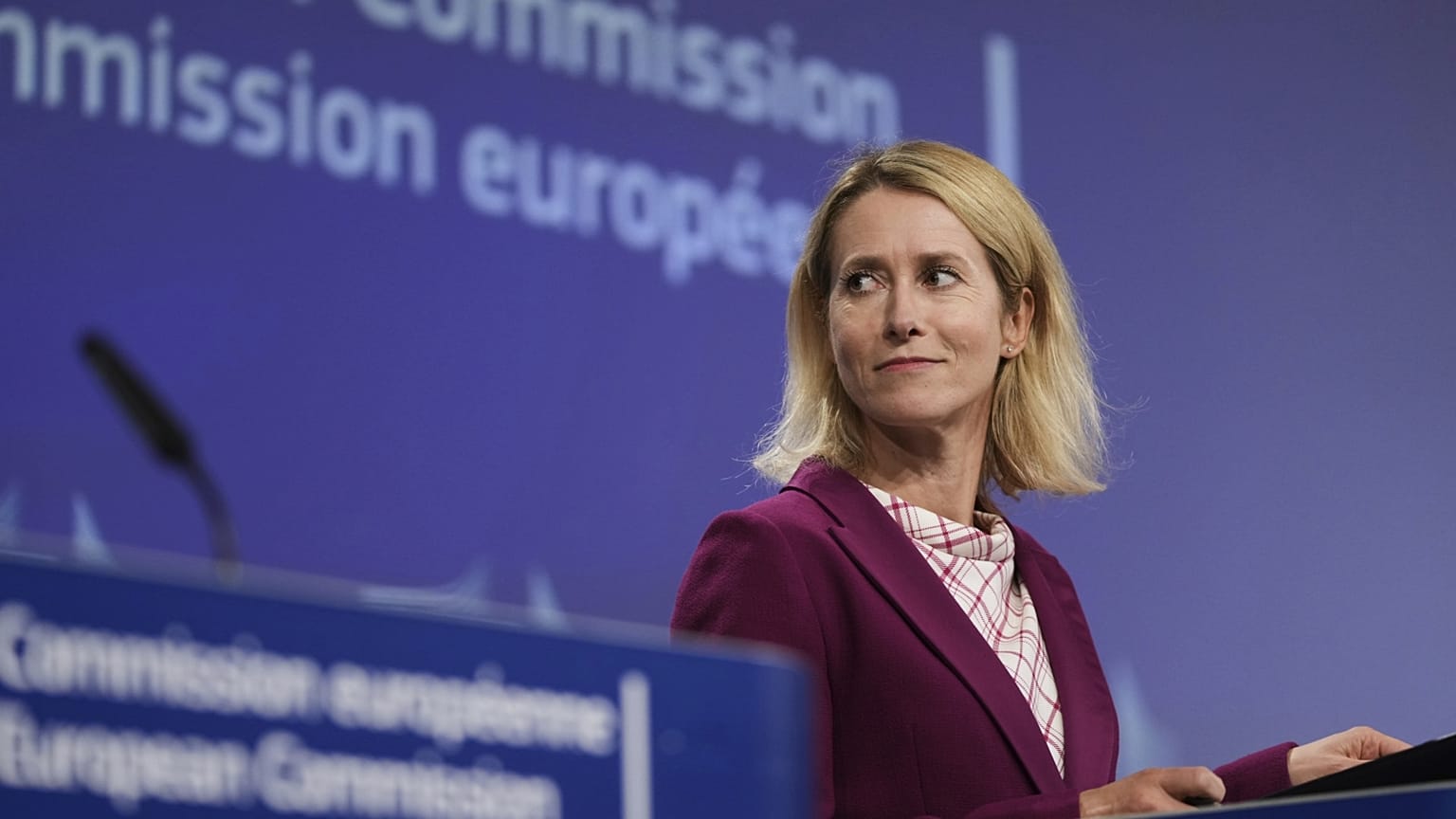European Commission Announces Sanctions on Hamas and Israeli Ministers
The European Commission has announced the suspension of trade concessions with Israel and sanctions targeting Hamas, Israeli extremist ministers, and violent settlers, citing breaches of human rights and democratic principles.

The European Commission announced on September 17, 2025, a sweeping package of measures targeting both Hamas and members of the Israeli government, including the suspension of key trade concessions with Israel and the imposition of sanctions on extremist ministers and violent settlers. The move follows a review of Israel's compliance with Article 2 of the Euro-Mediterranean Association Agreement, which found that recent actions by the Israeli government constitute a breach of essential elements relating to respect for human rights and democratic principles.
EU Sanctions and Trade Suspension
According to the official statement from the European Commission, the proposal includes suspending certain trade-related provisions of the EU-Israel Association Agreement, effectively removing Israel's preferential access to the EU market. Imports from Israel will now be subject to standard duties, impacting sectors such as machinery, chemicals, and manufactured goods. The EU is Israel's largest trading partner, accounting for 32% of Israel's total trade in goods, with bilateral trade in goods reaching €42.6 billion in 2024. The Commission also announced the suspension of bilateral support to Israel, except for civil society initiatives and the Yad Vashem Holocaust memorial, affecting future allocations and ongoing cooperation projects.
Targeted Sanctions on Hamas and Israeli Officials
The sanctions package consists of four draft legal acts, including nine listing proposals against Israeli ministers and settlers under the EU Global Human Rights Sanctions Regime, and reinforced listings against ten members of the Hamas politburo. These measures are designed to address the rapidly deteriorating humanitarian situation in Gaza, which the Commission attributes to Israel's military intervention, blockade of humanitarian aid, and expansion of settlements in the West Bank's E1 area. The Council of the European Union must approve these decisions by unanimity, after which the measures will take effect following notification to the EU-Israel Association Council.
Humanitarian and Political Context
European Commission President Ursula von der Leyen emphasized the urgent need for an immediate ceasefire, unrestricted humanitarian access, and the release of hostages held by Hamas. She stated that the EU remains the largest donor of humanitarian aid and a steadfast supporter of the two-state solution. The Commission's actions reflect mounting concern over the humanitarian crisis in Gaza, ongoing extremist settler violence in the West Bank, and the Israeli government's decisions to expand settlements, which the European Council has strongly condemned. The EU is also increasing support for Palestinian reform efforts, pledging €1.6 billion over the next two years.
The announcement marks a significant escalation in EU policy toward the Israeli-Palestinian conflict, leveraging economic and diplomatic tools to pressure both sides to halt violence and return to negotiations. The next steps depend on approval from EU member states, with the Commission urging swift action to address the worsening situation on the ground.